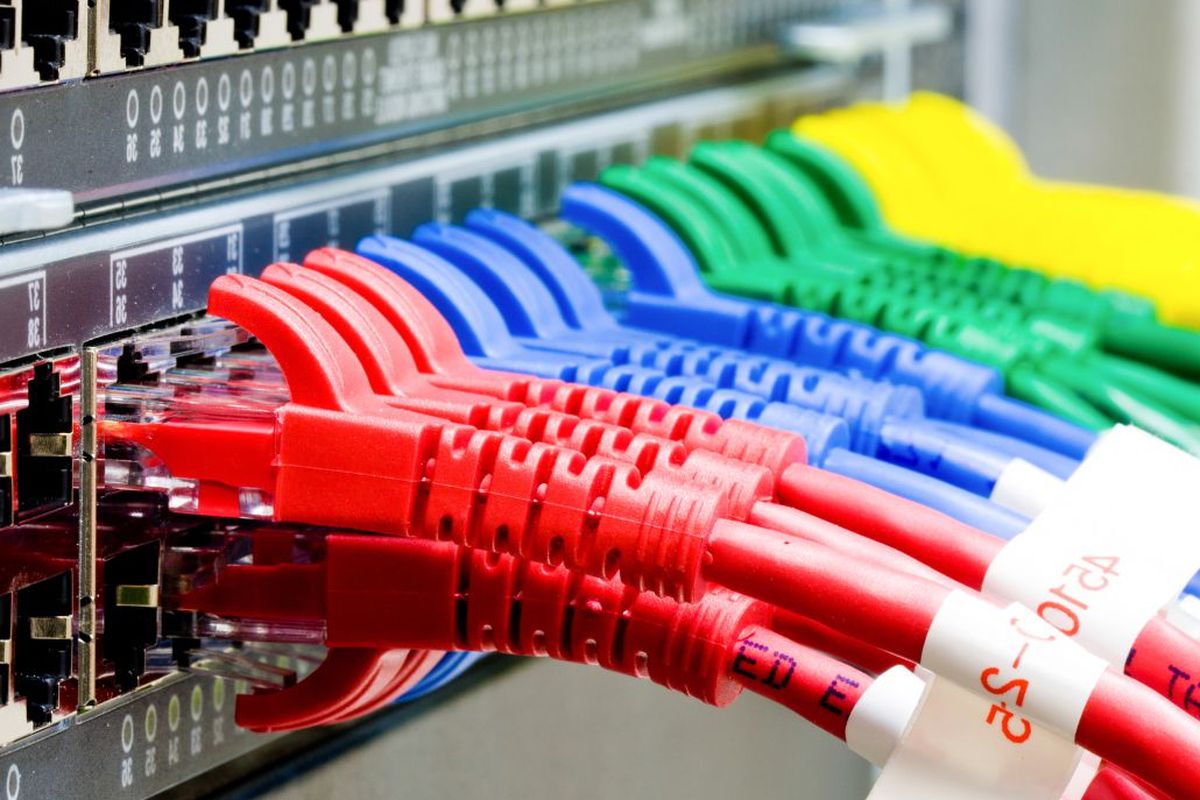Bottom line: The telecommunications conglomerate said it reserves the right to implement a new congestion management system if necessary in order to ensure customers continue to receive a good broadband Internet access service experience.

Comcast this week quietly announced it has deactivated a controversial congestion management system deployed in 2008 to slow down heavy Internet users. The change went into effect on June 11 and was likely made in order to comply with recent FCC transparency rules that were updated when net neutrality regulations ended.
In a separate statement issued to Ars Technica, Comcast said its network and consumer devices have evolved to the point that the old congestion management system is no longer necessary. In fact, the company claims it has essentially been inactive for more than a year.
With well over 99 percent of our Internet customers using more modern DOCSIS gateways and modems, congestion on individual channels is no longer an issue that needs to be managed. We took the opportunity to formalize this change while we were updating our other customer disclosures.
While the congestion management system may no longer be in place, Comcast’s data caps and overage fees still exist. Most users are provided with 1TB of data each month; going over this limit will automatically add blocks of 50GB to your account at $10 each (not to exceed $200 per month). Comcast offers two “courtesy” months so you won’t be billed the first two times you go over.
For those that regularly exceed the limit, the unlimited data option for an additional $50 may be worth exploring.
https://www.techspot.com/news/75093-comcast-quietly-deactivates-congestion-management-system.html
